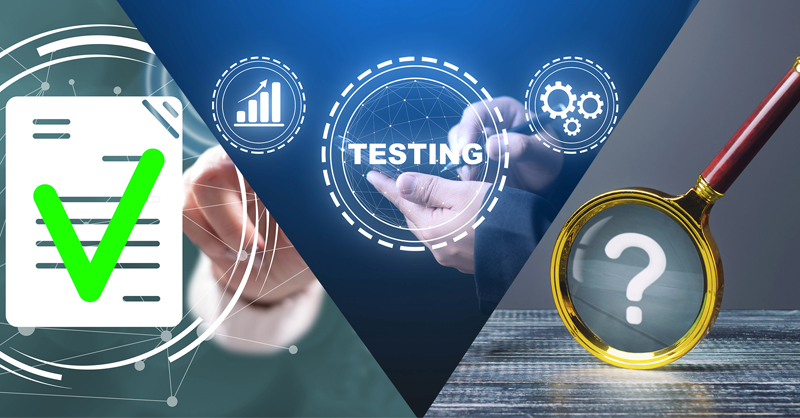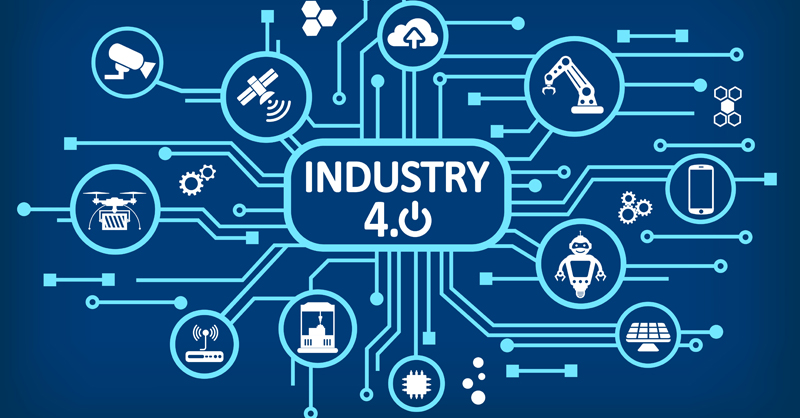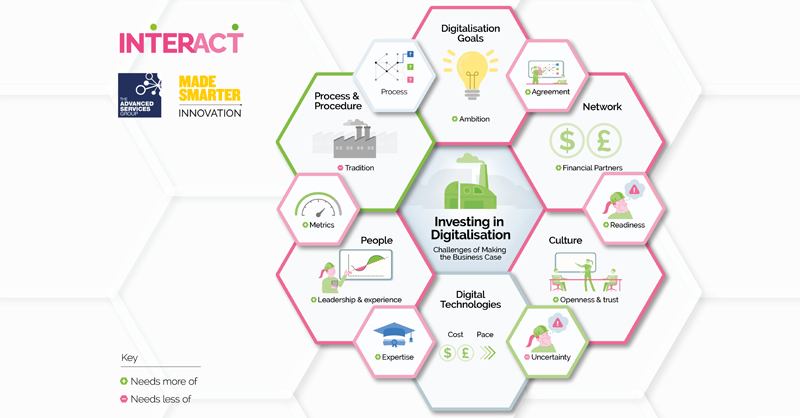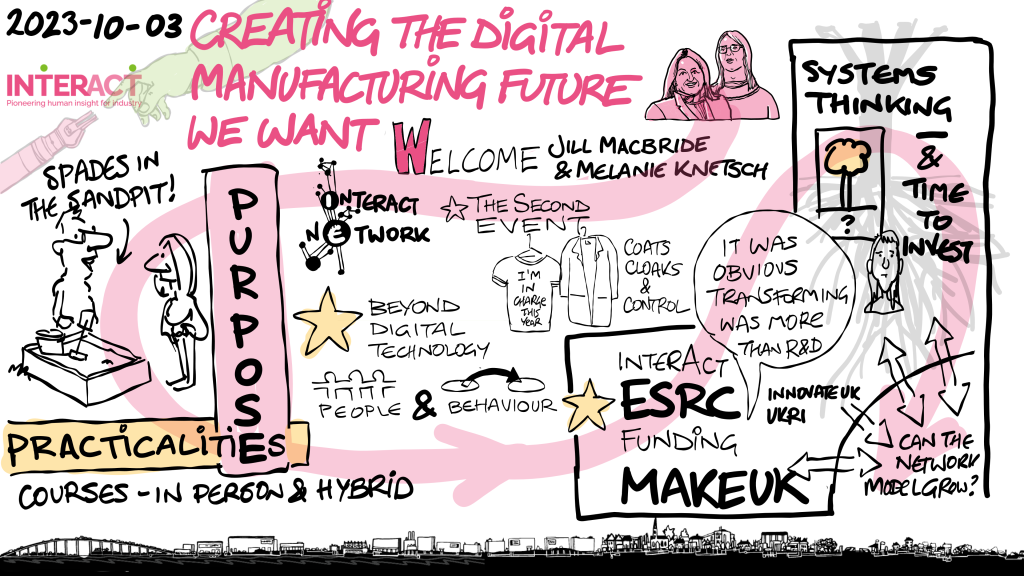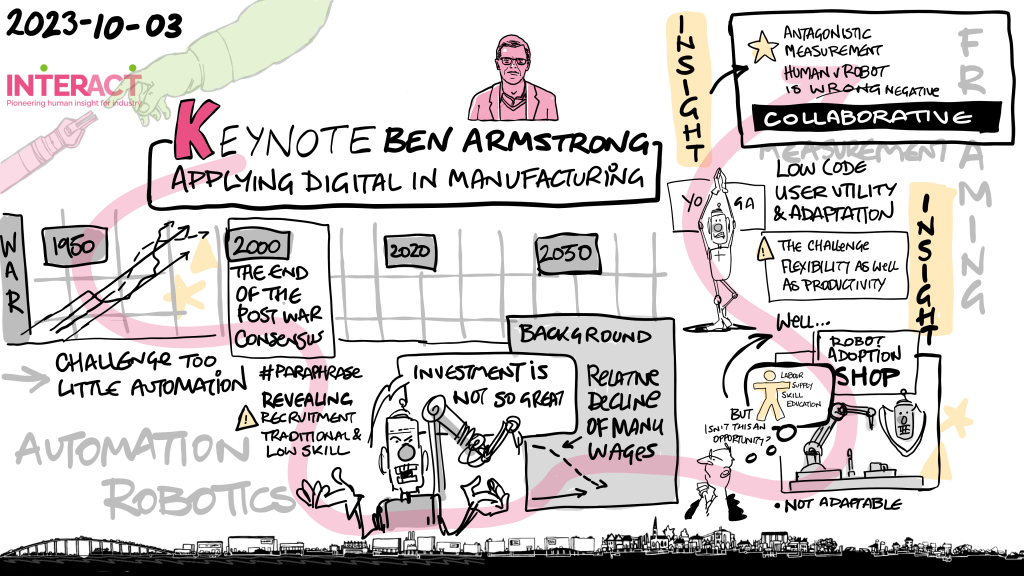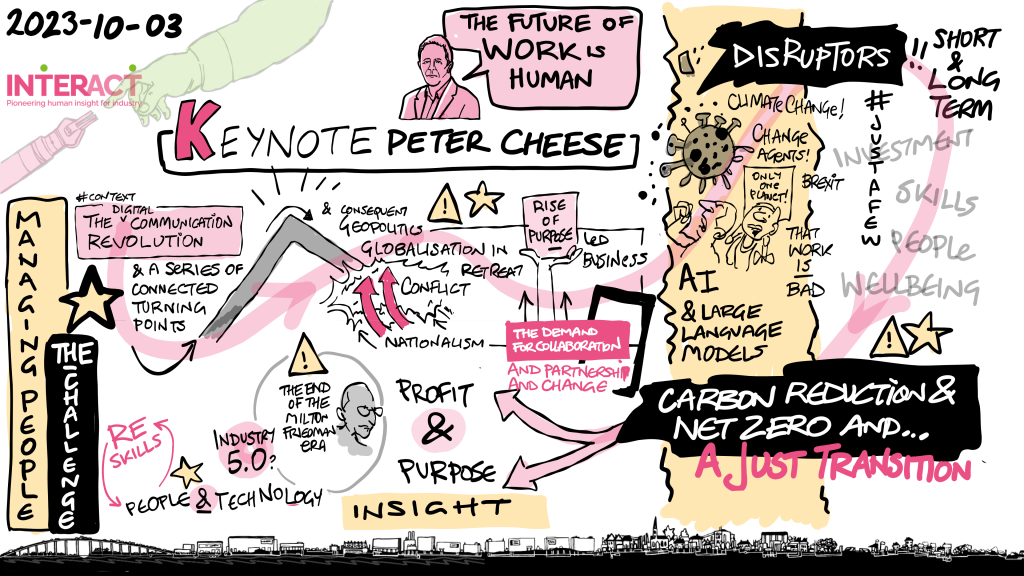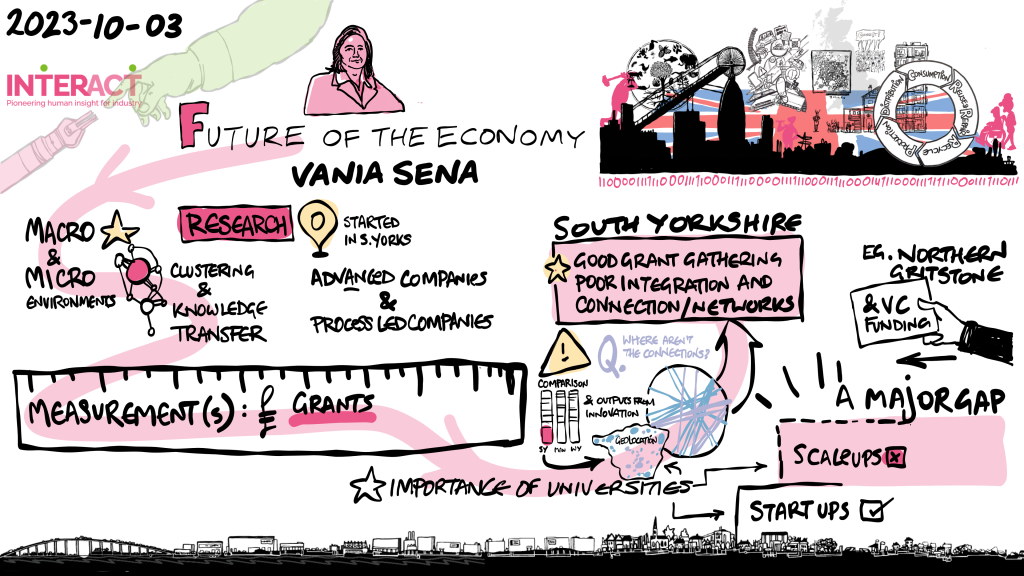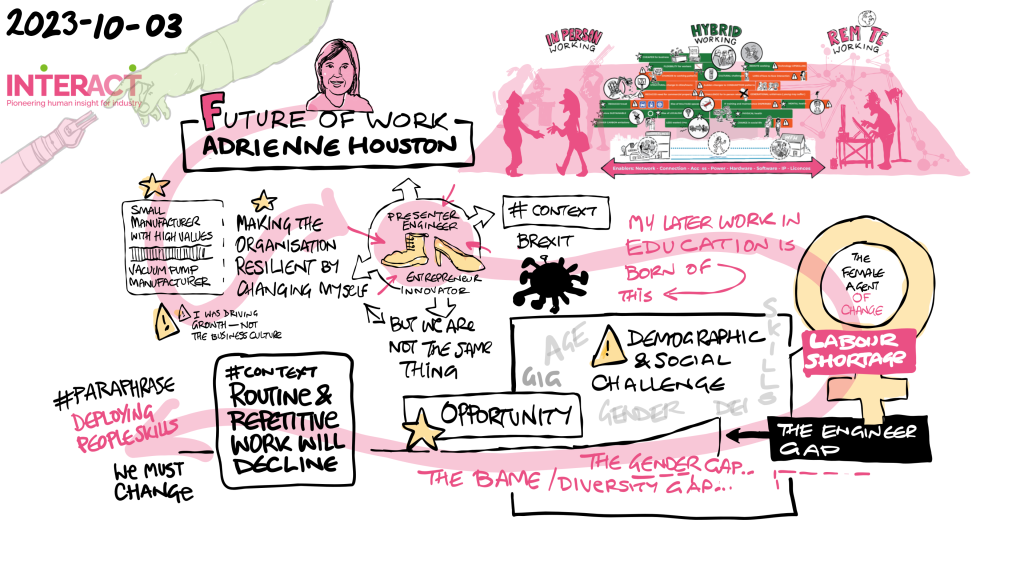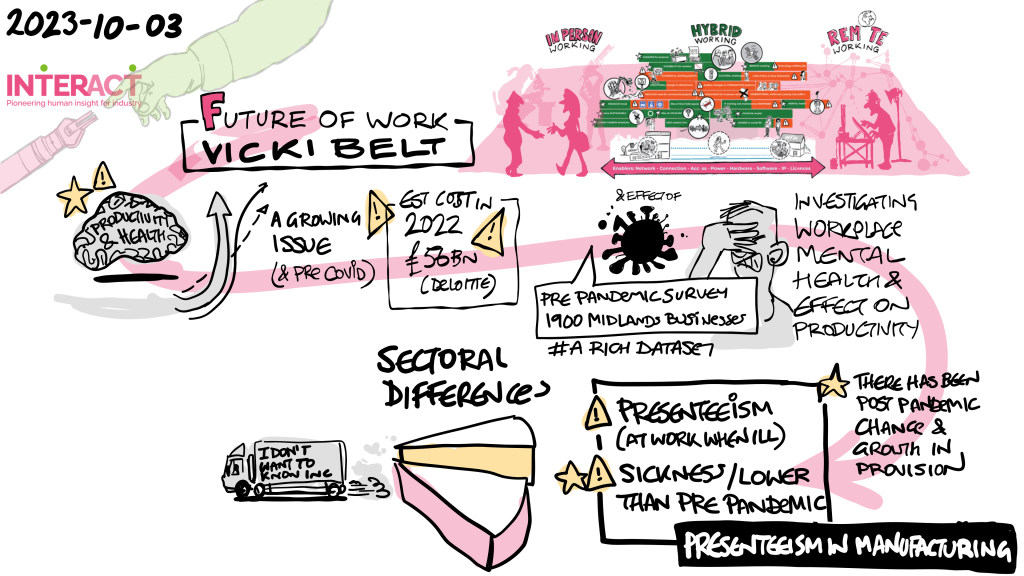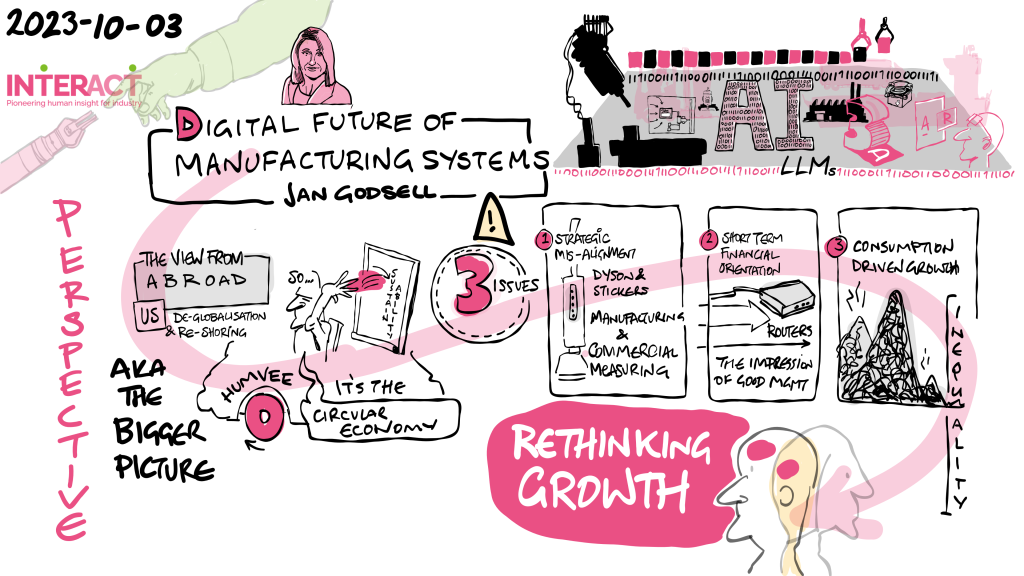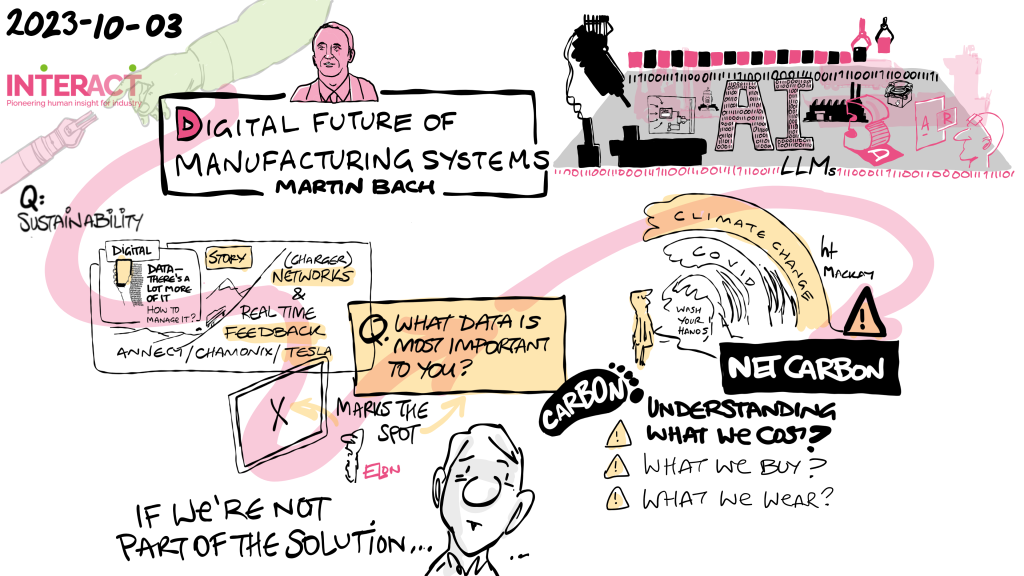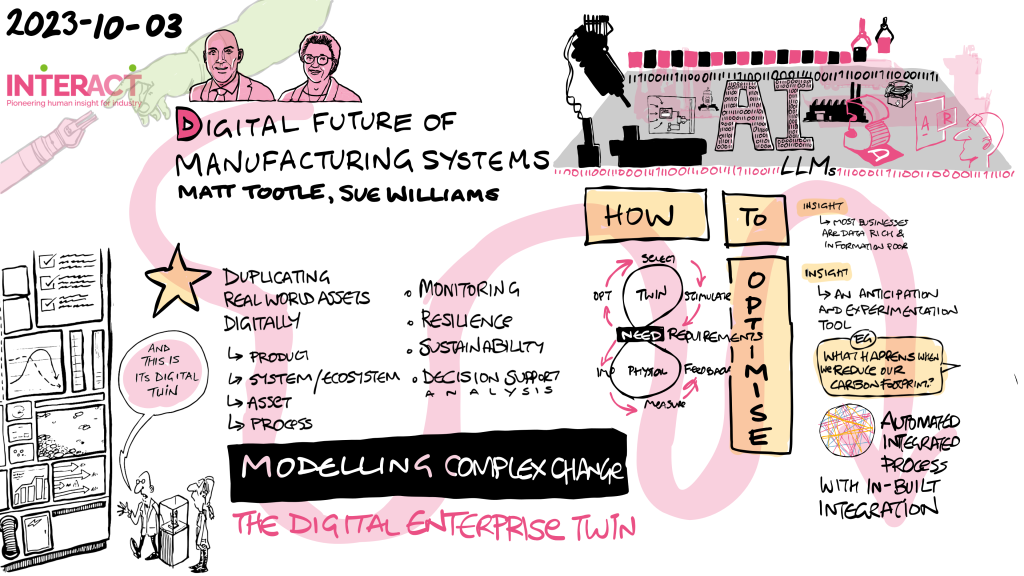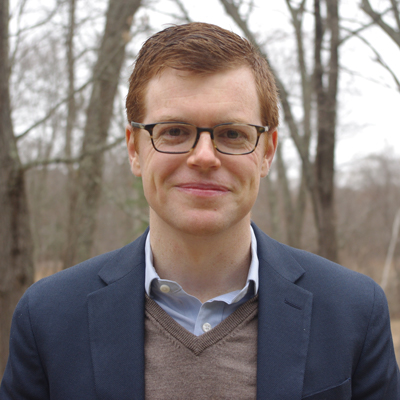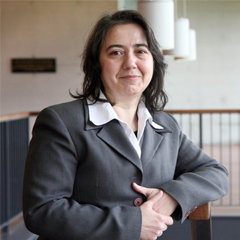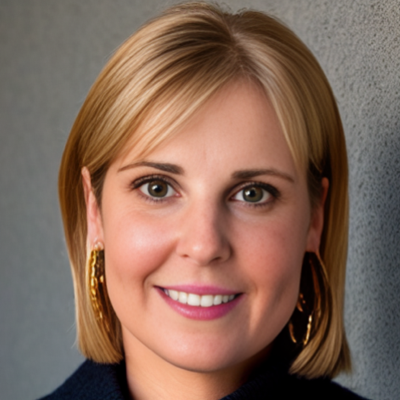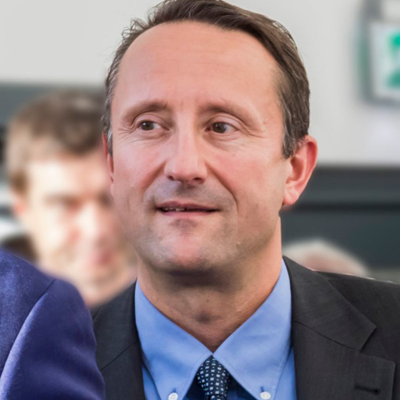Overview
PrOH Modelling is a type of soft systems methodology that is used to enquire into and improve complex systemic organizational process problems. As a soft systems methodology PrOH Modelling emphasizes understanding, definition, consensus building and action taking to solve problems. It is particularly useful in processes that are dependent on lots of human activity and decision making, have a high degree of subjectivity and have numerous different stakeholders with diverse backgrounds and opinions. PrOH Modelling is best used in an action research or intervention based context where a researcher is an active participant in organizational strategy and operations and is able to maintain an independent and objective perspective.
The PrOH Modelling approach has been successfully applied in numerous manufacturing contexts including:
- Improving leanness and productivity in automotive manufacturing
- The challenges of digitalizing an aerospace supply chain
- Upscaling supply chains for the manufacture of electric vehicles
The prohmodeller.org website exists for the community of PrOH Modellers. This includes those who wish to use it for academic research projects such as masters dissertation or doctoral theses, those who wish to use it for change projects in their own organizations, or in a consulting capacity in other organizations. We also welcome users to develop the method and share new case study examples with the community.
This research was conducted by Professor Ben Clegg and Dr. Krishna Balthu (Aston University). This work was supported by the UKRI Made Smarter Innovation Challenge and the Economic and Social Research Council via InterAct [Grant Reference ES/W007231/1].
For further discussions or to propose potential applications/collaborations, please contact Ben Clegg.



